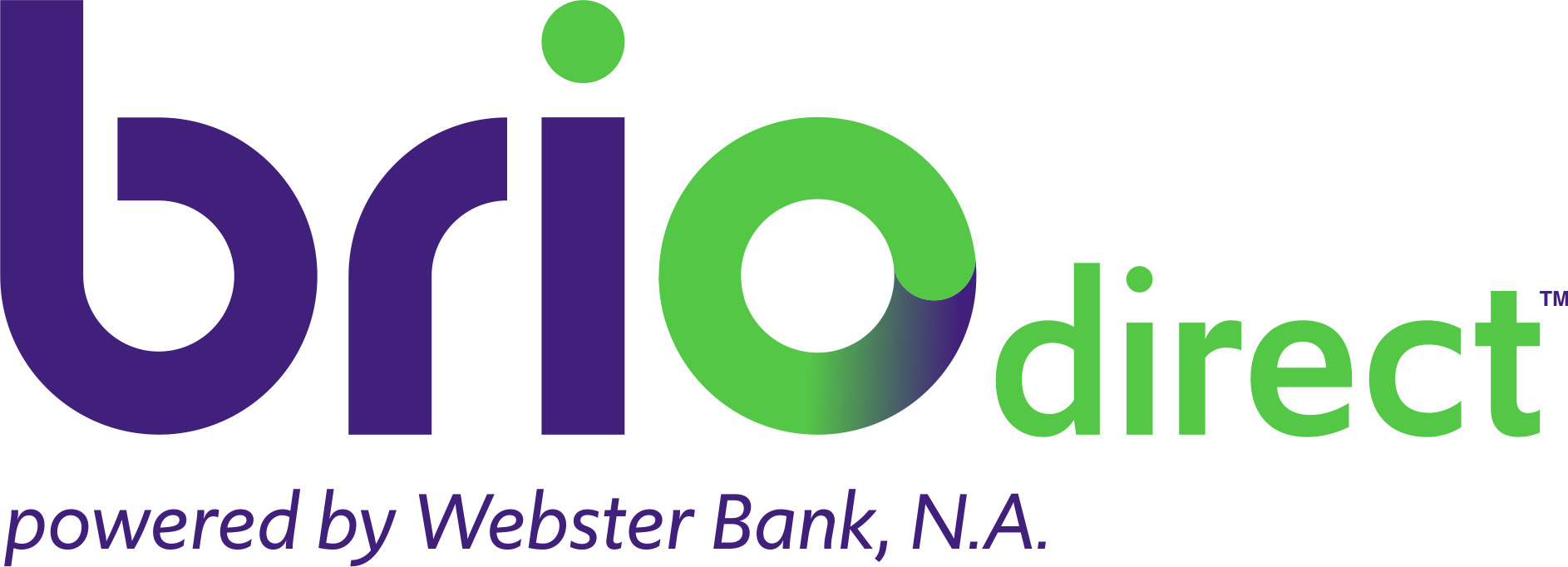
Published on: June 27, 2024
By: Webster Bank
Scam Alerts
2024 Scam Alerts: Protect Yourself Against Fraud
According to the Federal Trade Commission, consumers reported losing more than $10 Billionto various scams and fraud attempts in 2023 – an increase of more than 14 percent from theprevious year. Also of note:
- More than 2.6 million fraud events were reported to the FTC in 2023.
- “Impostor” (including “spoofing”) scams accounted for the most significant losses in 2023 at more than $2.7 billion.
- Email represented the most common fraud tactic used by scams reported in 2023, followed by phone calls and text messages.
- Scams starting on social media accounted for the highest total losses at $1.4 billion in 2023. Still, scams that began with a phone call resulted in the highest per-person loss ($1,480 on average per incident).
While the bad news is that sophisticated frauds and scams continue to be on the rise, the good news is that we are committed to partnering with our customers to ensure they are equipped with the knowledge and information needed to prevent them from becoming victims.
SCAM ALERTS FOR CONSUMERS
Peer-to-Peer Payment App Scam Alert
Peer-to-peer payment apps have taken the world by storm, accounting for more than $1 trillion in payment activity annually. While incredibly popular, these apps have also caught the attention of fraudsters and scammers seeking to trick unwitting users into voluntarily (and involuntarily) sending money and compromising their financial accounts.
Consumer Loan Offer Scam Alert
A recent fraud scam of note involves consumer loans applied for online through multiple marketplace websites.
If you’re seeking to finance a significant expense like a home or car or to consolidate credit card debt, you have likely used the internet to shop around for rates or even apply for a loan. Unfortunately, scammers are opportunistic and have begun setting up traps for unsuspecting applicants to fall victim to costly scams.
After an application is submitted, the scammer calls the applicant directly to state the loan was approved; however, to receive the funds, the applicant must send a prepaid debit card or pay other fees upfront. These payments are often characterized as “processing fees” and are the hallmarks of what the FTC calls an “Advance-Fee Loan Scam.”
Please note that Webster Bank does not offer consumer loans through online marketplaces. Beware of loan offers on social media or online ads; scammers impersonate employees of legitimate loan companies and banks.
If you receive a call that Webster Bank approved your loan, and you are requested to send a prepaid debit card or pay other fees upfront, this call is fraudulent.
Important Tips
- Always research the lender or loan broker you are working with online using rating agencies, online feedback, and state and federal agencies like the FTC or a state Attorney General.
- When applying for a loan, go to a trusted website instead of clicking on a link in an ad.
- Be wary of any lenders/loans that promise approval regardless of credit history, as these are typical staples of illegitimate and predatory lenders.
- Action you may take if you have become a victim of this scam:
- File a fraud report with your local police department and proactively file reports with the FTC (https://reportfraud.ftc.gov/) and FBI (ic3.gov).
- Contact one of the three major credit bureaus – Experian, TransUnion, or Equifax – to place a credit alert or a credit freeze on your name, especially if you have provided the fraudsters with any personal information.
- If you provided bank account information to the fraudsters, contact your bank as soon as possible to evaluate your options. Consider immediately closing that account and opening a new one to minimize the potential for damage.
- Visit http://www.ftc.gov/ for additional information on protecting yourself from fraud and identity theft.
- Remember that not all advance-fee scams are loan-related. This type of fraud has also taken on other forms, including promises of sweepstakes and lottery winnings, inheritances, and employment offers.
Fraudulent (“Impostor”) Call Scam Alert
In addition to consumer loan fraud, we’ve discovered increased fraud attempts where clients receive calls from impostors posing as our contact center colleagues and looking to obtain private information. Sometimes, these callers use “scare tactics” and pose as members of our fraud prevention team to gain the trust of unwitting victims, while others are positioned as a more friendly “courtesy call.”
Either way, it’s important to stay vigilant whenever you receive an unsolicited phone call from a financial institution, even if it appears to be legitimate, and to always observe the following best practices:
- Don’t Trust Caller ID: Scammers can mimic (or “spoof”) legitimate phone numbers to make it appear that a call is coming from a trusted source.
- Never, Ever Disclose Your Personal Information or Login Credentials: Typically, a scammer will ask you to verify sensitive details like your username, password, or security questions. REMEMBER: BrioDirect and Webster Bank will never ask you to convey this information over the phone or via email.
- Protect Your Authorization Codes: If you receive a one-time authorization code or account access request directly from your bank after you’ve requested it through the institution’s official channels, use only as directed and don’t share it with anyone – even if they claim to be from your bank. If you received the code unsolicited, disregard it and do not use, share, or engage with it. REMEMBER: BrioDirect and Webster Bank will never ask you to confirm an authorization code over the phone or via email.
- When in Doubt, Hang Up and Call Us Directly: If you ever have any questions or concerns about the validity of one of these calls, please don’t hesitate to hang up and contact BrioDirect via our Help Center immediately at 877.369.BRIO and we can help determine if they would have tried to reach you or not.
For updates on fraud and scam trends impacting consumers across the United States, click here to check out the latest from the Federal Trade Commission’s Consumer Scam division.
For a list of some of the most common types of scams being used to target businesses and steps you can take to protect yourself, please review this helpful guide prepared by the Federal Trade Commission.
All deposit products are provided by Webster Bank, N.A. ("Webster Bank"), an insured FDIC institution. BrioDirect is a sub-brand of Webster Bank. Webster Bank operates under the trade name BrioDirect. This trade name is used by, and refers to, Webster Bank, a single FDIC-insured bank.
Accounts that are opened via www.briodirectbanking.com and marketed by BrioDirect are Webster Bank accounts. Deposits in these accounts are made with Webster Bank. For purposes of determining how much FDIC insurance is applicable to your accounts, you need to consider all accounts maintained with Webster Bank, N.A., such as CD, checking, savings, BrioDirect online accounts and cash held in health benefits accounts with HSA Bank.

